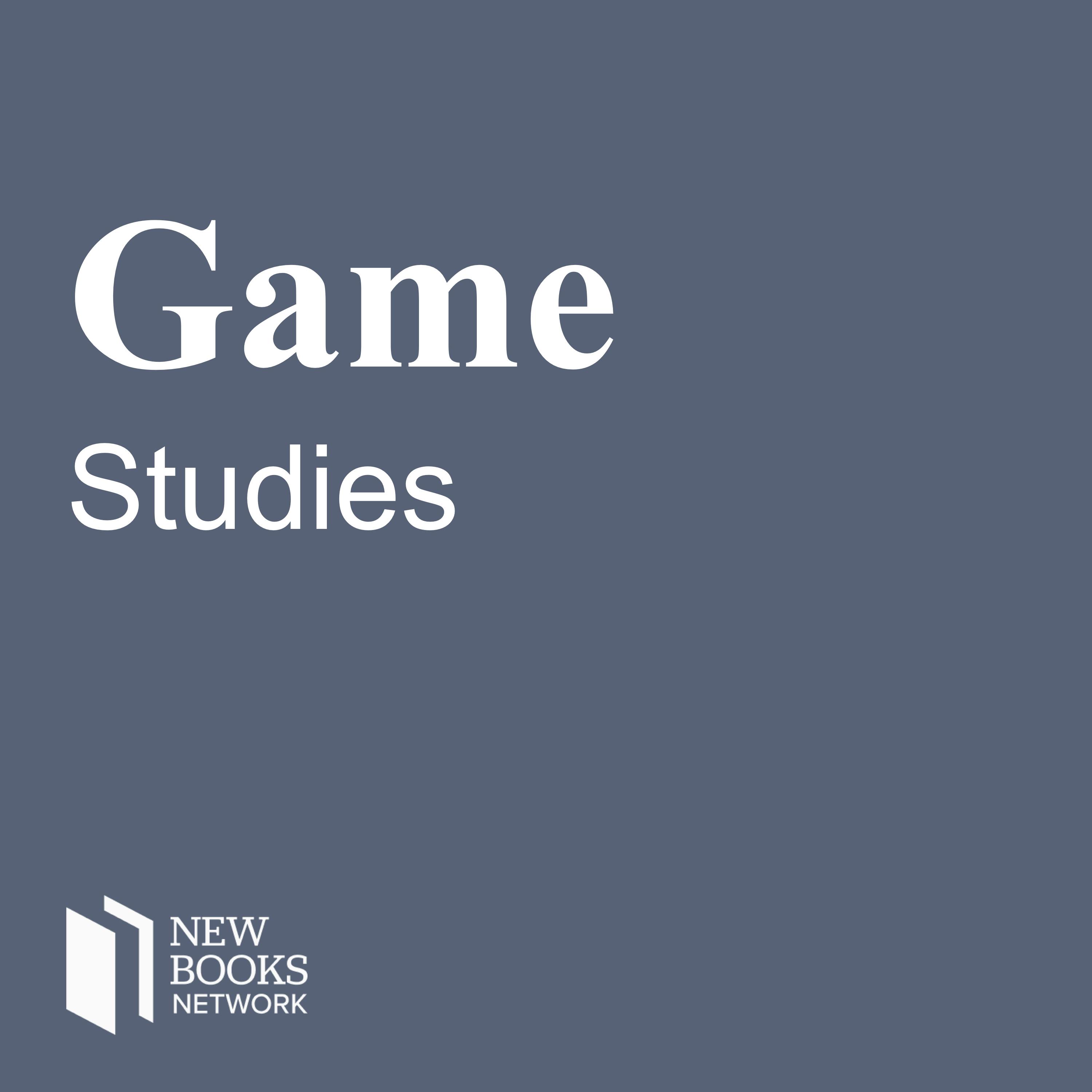Gabe Durham, "The Legend of Zelda: Majora's Mask" (Boss Fight Books, 2020)
For the third anniversary of the Asian Review of Books podcast, I wanted to do something a little different today—and talk about another one of my hobbies, video games.
For video game players of—let’s call them the elder millennial set and older—there’s something special about the final dozen or so years of the 20th century. The Super Nintendo, the Sega Genesis, the Nintendo 64 and the Sony PlayStation: it was a period of technical advancement and creative experimentation that led to classics still beloved today.
Exploring many of these classics—big and small, Japanese and Western, console and PC—are the entries of the Boss Fight Books series, compiled by writer Gabe Durham. Over the past several years, Gabe has invited his fellow writers to put together short works on the classic games that stand out in the medium’s history. As of this interview, the 33 entries in the series span from 1976’s Breakout to 2010’s Red Dead Redemption.
For today’s anniversary panel, I invited Gabe along with three of his fellow writers—Alyse Knorr, Sebastien Deken, and Mike Sholars—to talk about their choice of games, what makes the 1989-2000 period so special, and why, perhaps, Japanese companies feature so prominently in the history of games.
Gabe Durham is the founding editor & publisher of Boss Fight Books. He is the author of a previous Boss Fight entry, Bible Adventures, and a novel, Fun Camp. (Books mentioned in this interview: The Legend of Zelda: Majora’s Mask [2000, Nintendo 64])
Alyse Knorr is an associate professor of English at Regis University and the co-editor of Switchback Books. She is also the author of the poetry collections Mega-City Redux, Copper Mother, and Annotated Glass. (Books mentioned in this interview: Super Mario Bros. 3 [1989, Nintendo Entertainment System]; Goldeneye 007 [1997, Nintendo 64])
Sebastian Deken is a writer and musician born in St. Louis, Missouri. He studied music and French literature at Washington University in St. Louis, then went on to receive his MFA in nonfiction writing from Columbia University School of the Arts. (Books mentioned in this interview: Final Fantasy VI [1994, Super Nintendo Entertainment System])
Mike Sholars is a writer, editor, podcast host, Creative Director, and former full-time journalist. His work can be found in HuffPost, Kotaku, Polygon, and VICE. (Books mentioned in this interview: PaRappa the Rapper [1996, Sony PlayStation])
You can find more reviews, excerpts, interviews, and essays at The Asian Review of Books,. Follow on Twitter at @BookReviewsAsia.
Nicholas Gordon is an editor for a global magazine, and a reviewer for the Asian Review of Books. He can be found on Twitter at@nickrigordon.
Learn more about your ad choices. Visit megaphone.fm/adchoices

1h 
